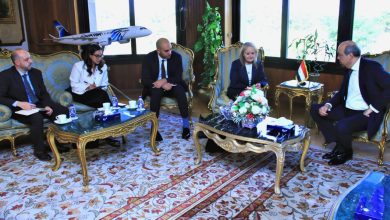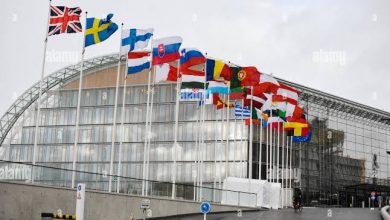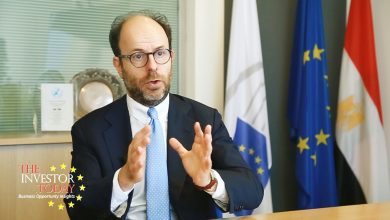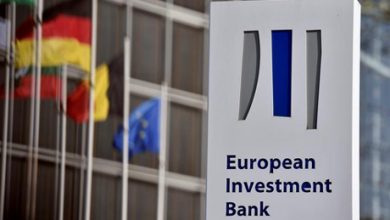The European Investment Bank’s Investment in Egypt: A Comprehensive Overview
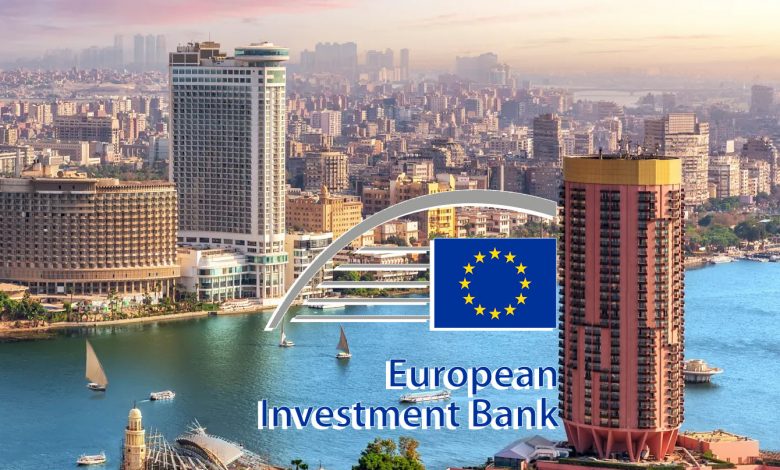
The European Investment Bank (EIB), the long-term lending arm of the European Union, has been a pivotal player in fostering sustainable development and economic growth in Egypt. With a relationship spanning over four decades, the EIB has been instrumental in financing and supporting numerous projects across various sectors, including renewable energy, infrastructure, healthcare, education, and more. This article delves into the extensive portfolio of the EIB’s investments in Egypt, highlighting key projects and their impacts on the country’s development.
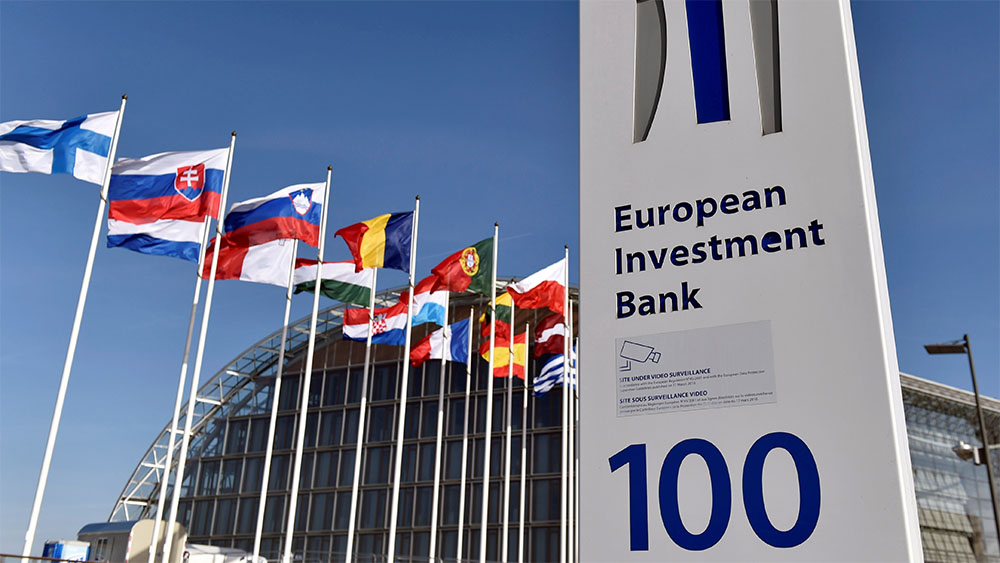
Historical Context and Partnership
The EIB’s engagement with Egypt dates back to the late 1970s, making it one of the oldest and most significant partnerships in the region. Over the years, the EIB has provided more than EUR 15 billion in financing for transformational public and private investments across Egypt. This long-standing partnership has evolved to address the changing needs of Egypt’s economy and its development goals.
In 2023, the EIB established a regional hub in Cairo to strengthen its presence in the Middle East and North Africa (MENA) region. This hub serves as a center for coordinating the EIB’s activities and enhancing cooperation with public and private partners across the region (European Investment Bank (EIB)) (EEAS Europa).
Key Sectors and Projects
Renewable Energy and Climate Action
One of the most critical areas of the EIB’s investment in Egypt is renewable energy and climate action. The EIB has financed several large-scale renewable energy projects aimed at reducing carbon emissions and increasing the share of renewable energy in Egypt’s energy mix.
1. Benban Solar Park: Located in Aswan, Benban Solar Park is one of the largest solar installations in the world. The EIB has played a significant role in financing this project, which consists of 32 individual power plants with a combined capacity of 1.5 GW. This project not only contributes to Egypt’s renewable energy targets but also creates thousands of jobs and supports local communities (European Investment Bank (EIB)) (EEAS Europa).
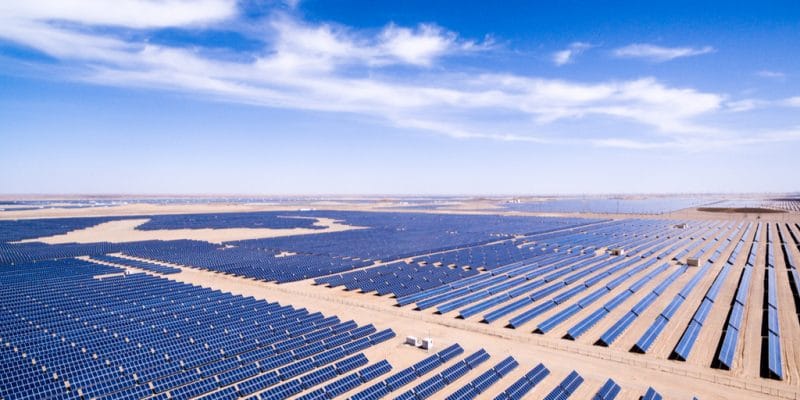
2. Wind Power Projects: The EIB has supported the development of wind farms along the Red Sea coast, including the Gulf of Suez wind farm. These projects are crucial for diversifying Egypt’s energy sources and reducing dependence on fossil fuels (European Investment Bank (EIB)) (European Investment Bank (EIB)).
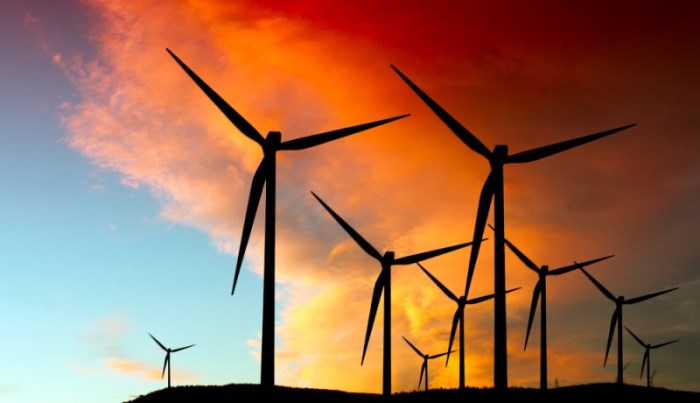
Infrastructure Development
Infrastructure is another critical area where the EIB has made substantial investments. Improved infrastructure is essential for economic growth, job creation, and enhanced quality of life.
3. Cairo Metro Line Expansion: The EIB has financed the expansion of Cairo’s metro system, including the extension of Line 3 and the rehabilitation of Line 2. These projects aim to improve urban mobility, reduce traffic congestion, and lower pollution levels in one of the world’s most densely populated cities (Railway Technology).
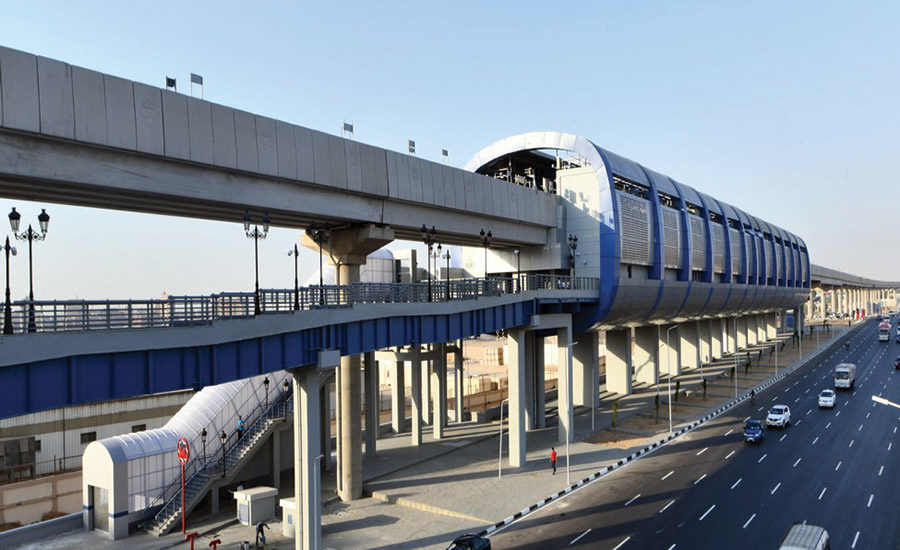
4. Fayoum Wastewater Expansion Project: This project aims to improve wastewater treatment and sanitation services in the Fayoum governorate. By enhancing wastewater infrastructure, the project contributes to better public health and environmental sustainability (European Investment Bank (EIB)).
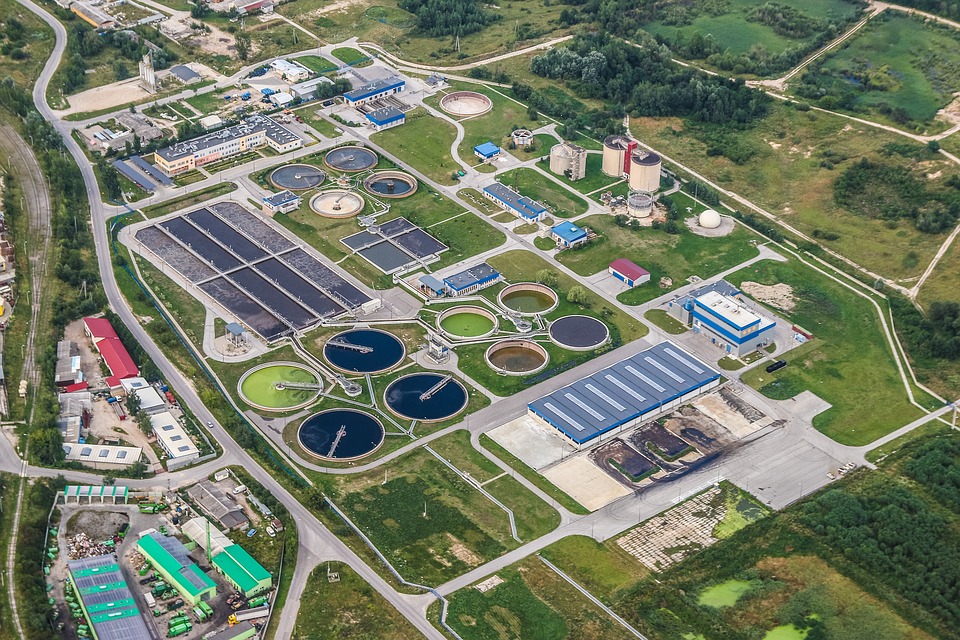
5. Kitchener Drain Project: This initiative focuses on improving water management and sanitation in the Nile Delta. The project includes upgrading drainage systems and enhancing wastewater treatment facilities, benefiting millions of people in the region (European Investment Bank (EIB)).
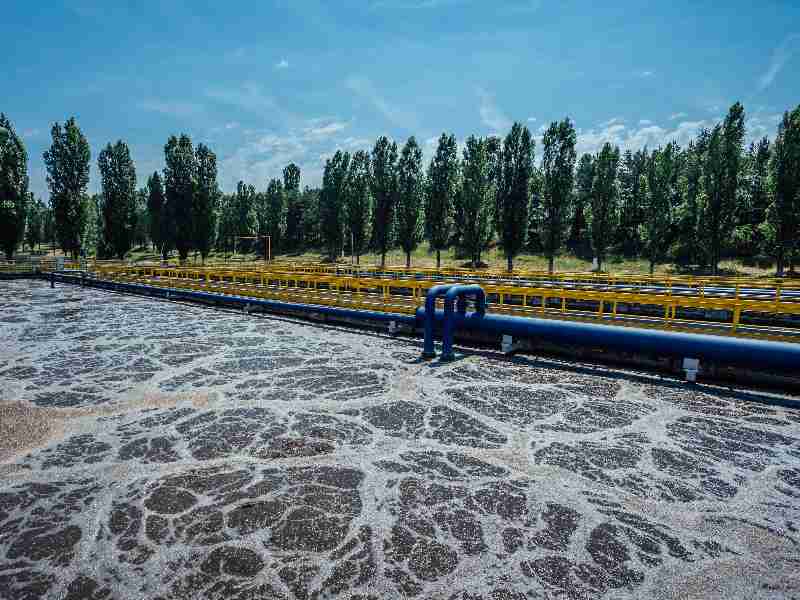
Healthcare and COVID-19 Response
Healthcare Infrastructure Development: Beyond the immediate response to COVID-19, the EIB has funded the development of healthcare infrastructure, including hospitals and clinics, to improve access to quality healthcare services across Egypt (European Investment Bank (EIB)) (European Investment Bank (EIB)).
The EIB has also been active in supporting Egypt’s healthcare sector, particularly in response to the COVID-19 pandemic.
COVID-19 Healthcare Support: The EIB provided financing for procuring medical supplies and constructing healthcare facilities to enhance Egypt’s capacity to deal with the pandemic. This support was crucial in strengthening the country’s healthcare system during a global health crisis (European Investment Bank (EIB)) (European Investment Bank (EIB)).
Education and Research
Investing in education and research is essential for fostering innovation and long-term economic growth. The EIB has supported various initiatives aimed at improving educational infrastructure and promoting research and development.
Educational Infrastructure Projects: The EIB has financed the construction and renovation of schools and universities across Egypt. These projects aim to provide better learning environments and improve educational outcomes for students (European Investment Bank (EIB)) (European Investment Bank (EIB)).
Research and Development Support: The EIB has also provided funding for research institutions and projects that focus on innovation and technology. This support helps Egypt enhance its research capabilities and promote a knowledge-based economy (European Investment Bank (EIB)).
Small and Medium Enterprises (SMEs) Support
SMEs are the backbone of any economy, and the EIB has made significant efforts to support this sector in Egypt.
SME Financing: Through various financial instruments, the EIB provides loans and guarantees to SMEs to help them grow, innovate, and create jobs. This support is crucial for fostering entrepreneurship and economic diversification (European Investment Bank (EIB)) (European Investment Bank (EIB)).
Technical Assistance Programs: In addition to financial support, the EIB offers technical assistance to help SMEs improve their business practices, access new markets, and adopt innovative technologies (European Investment Bank (EIB)) (European Investment Bank (EIB)).
Impact on Egypt’s Development
The EIB’s investments have had a profound impact on Egypt’s development across multiple dimensions. These investments have not only contributed to economic growth but also improved the quality of life for millions of Egyptians.
Economic Growth and Job Creation
The EIB’s financing of large-scale infrastructure and energy projects has created thousands of jobs, both directly and indirectly. For example, the construction and operation of the Benban Solar Park have generated significant employment opportunities for local communities. Similarly, the expansion of the Cairo metro system has provided jobs for engineers, construction workers, and service personnel (European Investment Bank (EIB)) (European Investment Bank (EIB)) (EEAS Europa).
Environmental Sustainability
The focus on renewable energy projects has significantly contributed to Egypt’s environmental sustainability goals. By increasing the share of renewable energy in the country’s energy mix, these projects help reduce greenhouse gas emissions and combat climate change. The development of wastewater treatment and sanitation infrastructure also plays a crucial role in protecting natural resources and improving public health (European Investment Bank (EIB)) (European Investment Bank (EIB)).
Improved Public Services
Investments in healthcare, education, and public transportation have led to better public services for Egyptians. Enhanced healthcare facilities and services improve public health outcomes, while investments in education provide better learning opportunities for students. Improved public transportation infrastructure, such as the expansion of the Cairo metro, makes commuting more efficient and reduces traffic congestion, leading to a better quality of life for urban residents (European Investment Bank (EIB)) (European Investment Bank (EIB)) (Railway Technology).
Fostering Innovation and Entrepreneurship
The EIB’s support for SMEs and research institutions fosters innovation and entrepreneurship in Egypt. By providing financial and technical assistance to SMEs, the EIB helps these businesses grow, innovate, and create jobs. Support for research and development initiatives enhances Egypt’s capabilities in science and technology, promoting a knowledge-based economy (European Investment Bank (EIB)) (European Investment Bank (EIB)).
Challenges and Future Prospects
Despite the significant achievements, there are challenges that the EIB and Egypt need to address to maximize the impact of their partnership. These include ensuring the sustainability of financed projects, addressing bureaucratic hurdles, and enhancing the capacity of local institutions to manage and implement projects effectively.
Looking ahead, the EIB is expected to continue its support for Egypt’s development goals, with a focus on sustainability, innovation, and inclusive growth. The establishment of the EIB’s regional hub in Cairo will play a crucial role in deepening the partnership and unlocking new opportunities for cooperation in the years to come (European Investment Bank (EIB)) (EEAS Europa).
The European Investment Bank’s investments in Egypt have played a pivotal role in fostering sustainable development, economic growth, and improved quality of life for millions of Egyptians. Through its support for renewable energy, infrastructure, healthcare, education, and SMEs, the EIB has significantly contributed to Egypt’s development goals. As the partnership continues to evolve, the EIB’s commitment to sustainability, innovation, and inclusive growth will remain crucial for Egypt’s future development.
